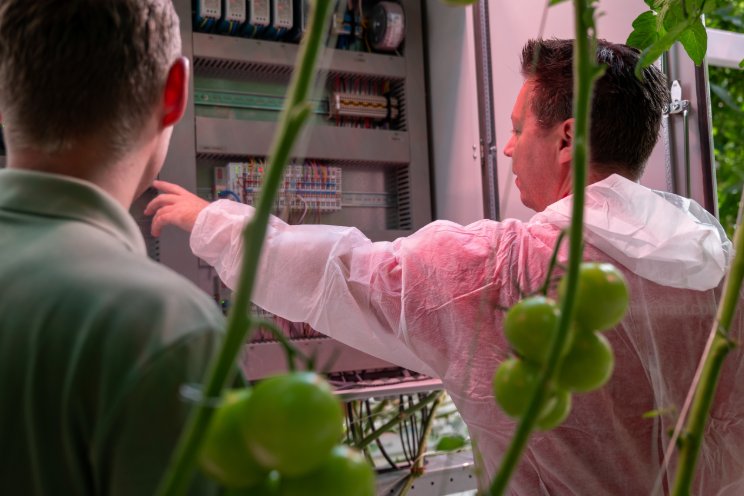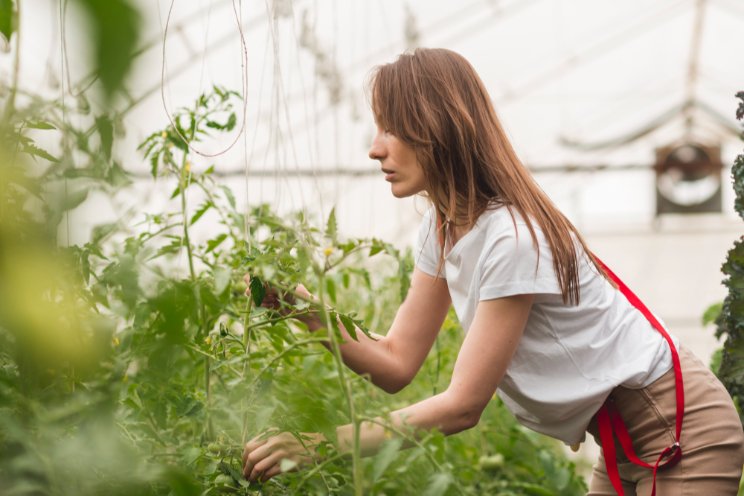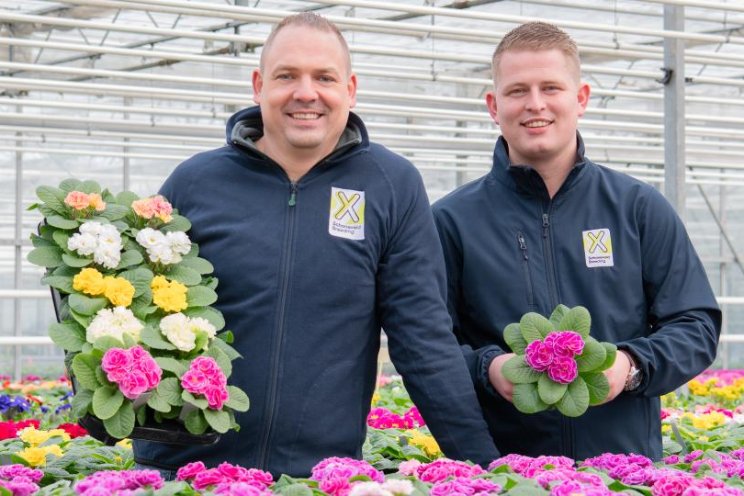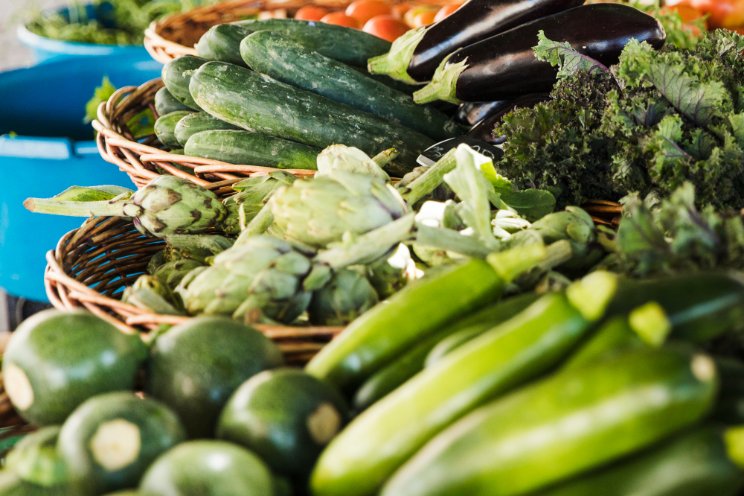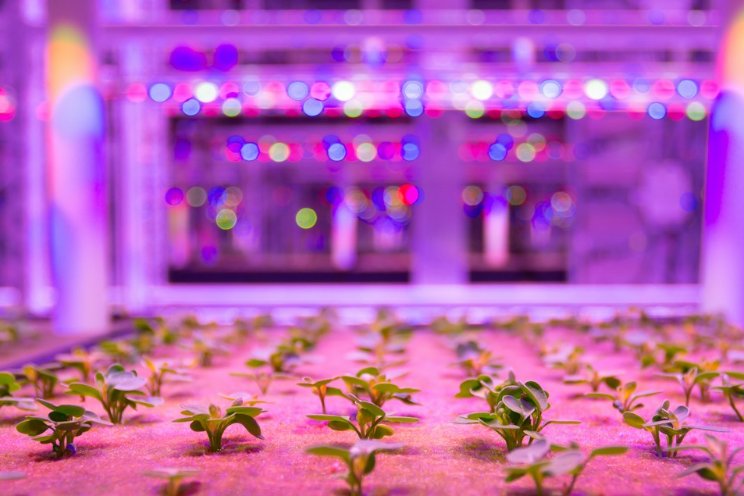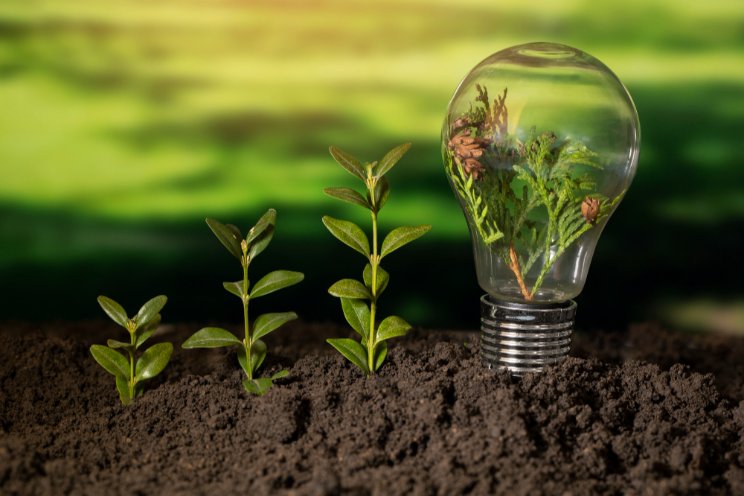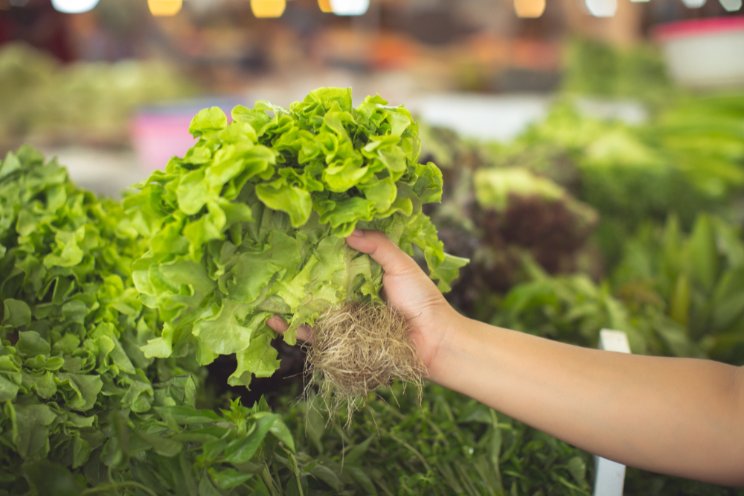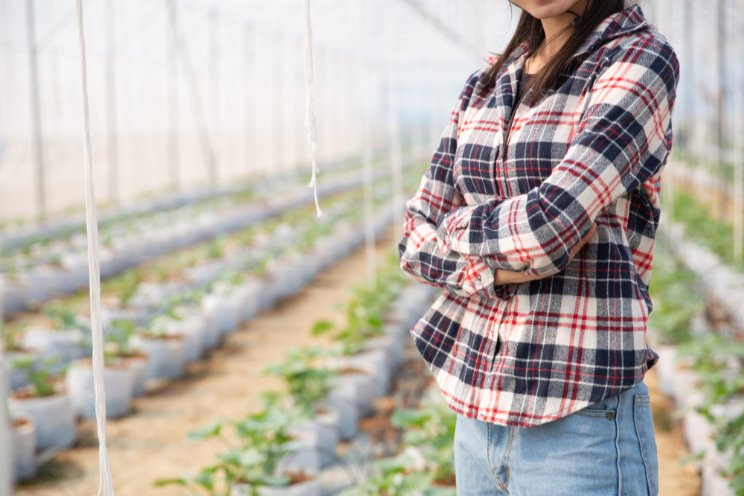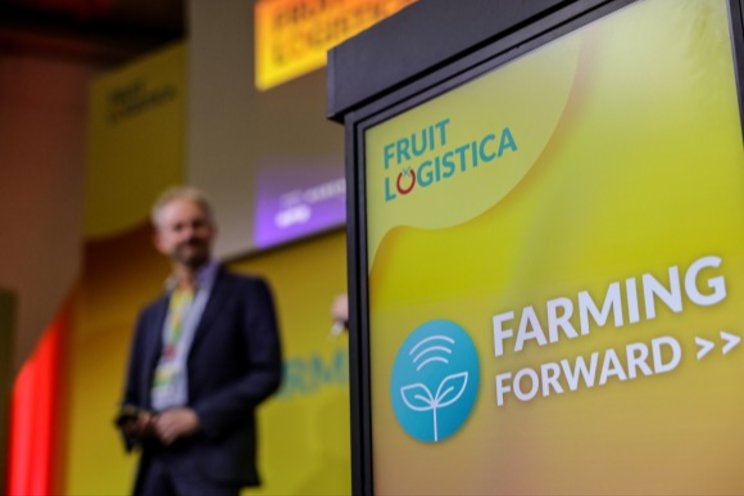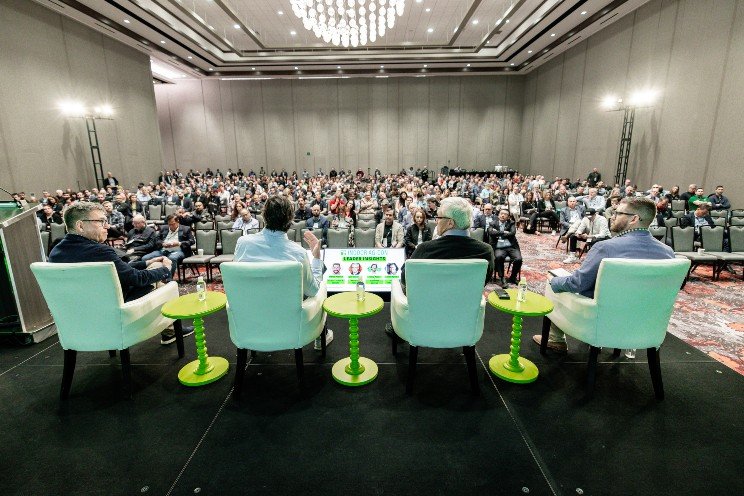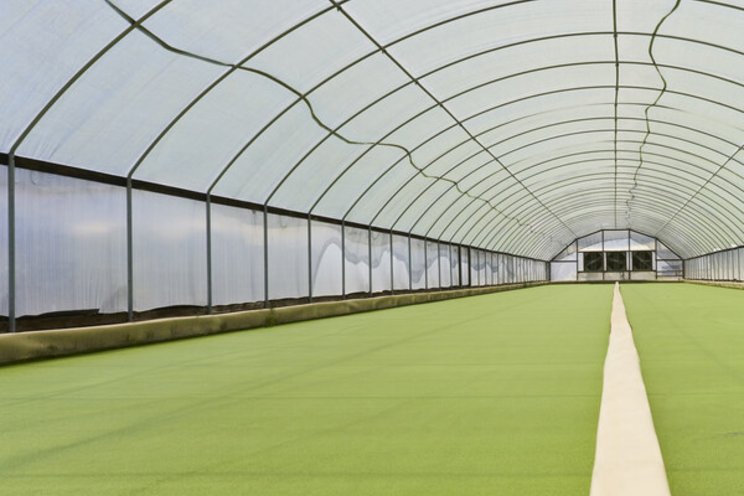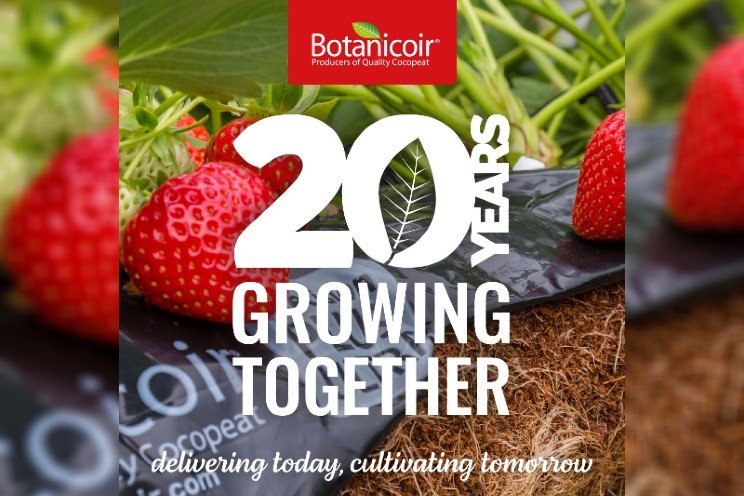Russian greenhouse development with green knowledge
Added on 01 June 2021
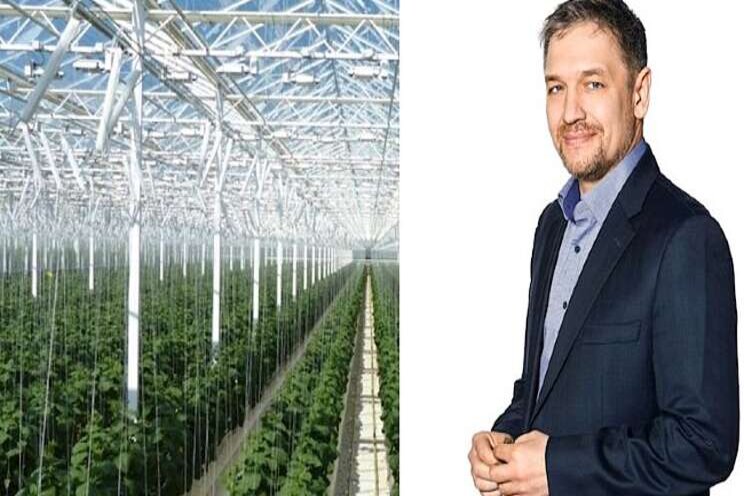

Aleksey Kurenin, Business Manager RSM (Russian Speaking Markets) at Grodan
Greenhouse horticulture in Russia
Greenhouse horticulture in Russia is big business. In the past few years, greenhouse horticulture grew explosively in order to meet the aim of the Kremlin to become self-sufficient. Kurenin: "Russia is a very big country and the climate is not ideal for growing vegetables in open fields. Greenhouses are the perfect solution to be able to grow vegetables all year long. Therefore, it is not surprising that Russia has more greenhouses than other countries. That's why many different horticulture players, including Grodan and Signify, started rolling out big projects in this market in the past few years.
The speed of the sector's growth is currently lower than in previous years, but there is still more potential to grow. The cucumber market in Russia reached almost 100% local production, which makes the country no longer dependent on imports from other countries. In the coming years, Russia is striving to create a similar situation for all fresh products by using horticulture. Most big greenhouses in Russia are located close to big cities in order to make the logistical process as easy as it can be.
Consumers' shifting perceptions of the greenhouse
According to Kurenin, the perception of Russian consumers towards cultivation in greenhouses is changing rapidly.
Kurenin: "The belief that open field products are healthier than greenhouse products still prevails in Russia. However, whereas 20 years ago approximately 90% of people believed open fields products are healthier, we now see this has decreased to approximately 50% of people. The reason for this is that currently people care more about their health and therefore about the food they take in, especially in big cities. They are better informed about the origin of their food."
Not only have perceptions changed, but growing technologies have improved over the years as well. The way of working in high tech greenhouses is now much more sustainable due to new equipment, better plant protection products, and recycling of growing materials. Kurenin continues: "If people only knew how tomatoes are grown in high tech greenhouses, I am sure that more people would choose these over tomatoes grown in the open field. High tech greenhouse tomatoes do not contain any pesticides, which make them really clean. Whereas in open fields farmers cannot fully control the use of pesticides."

How Grodan differentiates itself in Russia
Grodan started in Russia during the Soviet Union and played a big role in setting up greenhouses in the country. Kurenin: "There is a lot of competition with around six main substrate suppliers in Russia. Grodan differentiates itself from other suppliers because we brought green knowledge to the markets. Consultants at Grodan taught people how to grow. Now we provide growers information on climate control, crop balance and new greenhouse techniques. Grodan is much more than just a supplier, they are client partners."
During the past year providing this information has not always been easy. Kurenin: "It is very important for us to keep close relationships with growers and provide them with relevant information. The growth of Grodan's client base, the long distances we have to travel to visit them personally, and especially the recent COVID-19 pandemic makes it hard for us to provide all our clients with the information they are accustomed to receiving, for instance, on new innovations."
In response to this Kurenin explained that the Grodan marketing team is using webinars and other new tactics to demonstrate new products and give growers advice on more efficient and sustainable cultivation methods.
The road to a circular economy in Russia
Kurenin: "The mission of Grodan Russia is not only to grow as a business, but also to help growers contribute to a more sustainable world. Therefore, we recently launched the 'second life of substrates' campaign, which is a recycling project in which we recycle used stone wool growing media from growers and give them a new life. By doing this we don't only reduce our own impact on the environment, but we also make growers more aware of the added value of recycling and we help them to prepare for the circular economy. Because in the end, closing the circle is beneficial for us, but also for the growers and consumers."
The second life of substrates campaign has delivered great results so far. Kurenin: "We see that awareness of recycling is growing among growers. They realize that it is a true solution for a bigger problem. As a result, we are receiving a lot of recycling requests."
E-Gro is another innovative technology with which Grodan is trying to conquer the Russian market. Kurenin: "Worldwide e-Gro is already booming. In the near future, we will invest time and energy to also convince Russian growers of its added value. We look forward to taking this next step into a future that enables even more controlled, reliable and sustainable growth.
Source and Photo Courtesy of Grodan
Source: Grodan
More news
